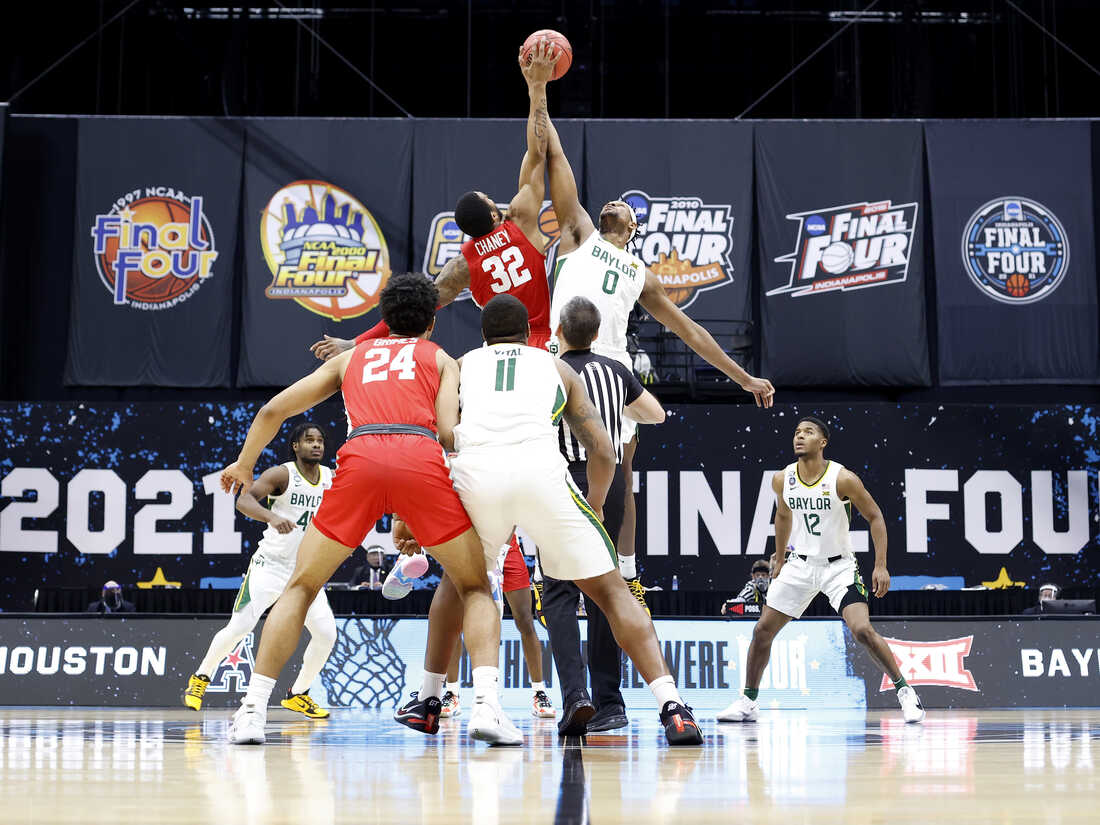Basketball, born in the US in 1891, quickly captured hearts worldwide after its creation at the International Young Men’s Christian Association (YMCA) by James Naismith. Its popularity surged, leading to the establishment of governing bodies for college basketball.
In 1939, the NCAA Division I men’s basketball tournament debuted, known colloquially as “March Madness.” This tournament, held in March and April, crowns the national champion in Division I college basketball, earning its nickname from the frenzy it ignites among fans.
It’s March 1 … BRING ON THE MADNESS🏀#NCAAWBB pic.twitter.com/rkVJx9b06e
— NCAA March Madness (@MarchMadnessWBB) March 1, 2024
Starting with just eight teams in 1939, the tournament expanded gradually. By 1985, it adopted the modern format of a 64-team event, later adding a play-in game in 2001 and three more teams in 2011.
Television deals mirrored the tournament’s soaring popularity, with CBS and Turner Broadcasting System offering $10.8 billion in 2011. This surge in income was fueled by the tournament’s appeal, especially with early-round games broadcast on ESPN, known for their potential for underdog upsets.
View this post on Instagram
Although the term “March Madness” was coined in 1939, it gained traction during the 1982 tournament when CBS broadcaster Brent Musburger used it. Since then, it’s been synonymous with the NCAA Division I men’s basketball tournament.
Since its inception, there have been 83 editions of March Madness, evolving from its initial format to the current 68-team setup. The only interruption occurred in 2020 due to the COVID-19 pandemic.
🚨 MARCH IS HERE 🚨
Prepare for unforgettable moments 💫 pic.twitter.com/ohMjjHlUSs
— NCAA March Madness (@MarchMadnessMBB) March 1, 2024
UCLA stands as the most successful team in March Madness history, clinching 11 titles. Their dominance peaked between 1963 and 1975, securing ten championships, including a remarkable seven consecutive victories from 1967 to 1973. However, they haven’t won a title since 1995.
In 2024, 68 teams were selected, seeded and placed in the NCAA bracket by the NCAA DI Men’s Basketball Committee.




